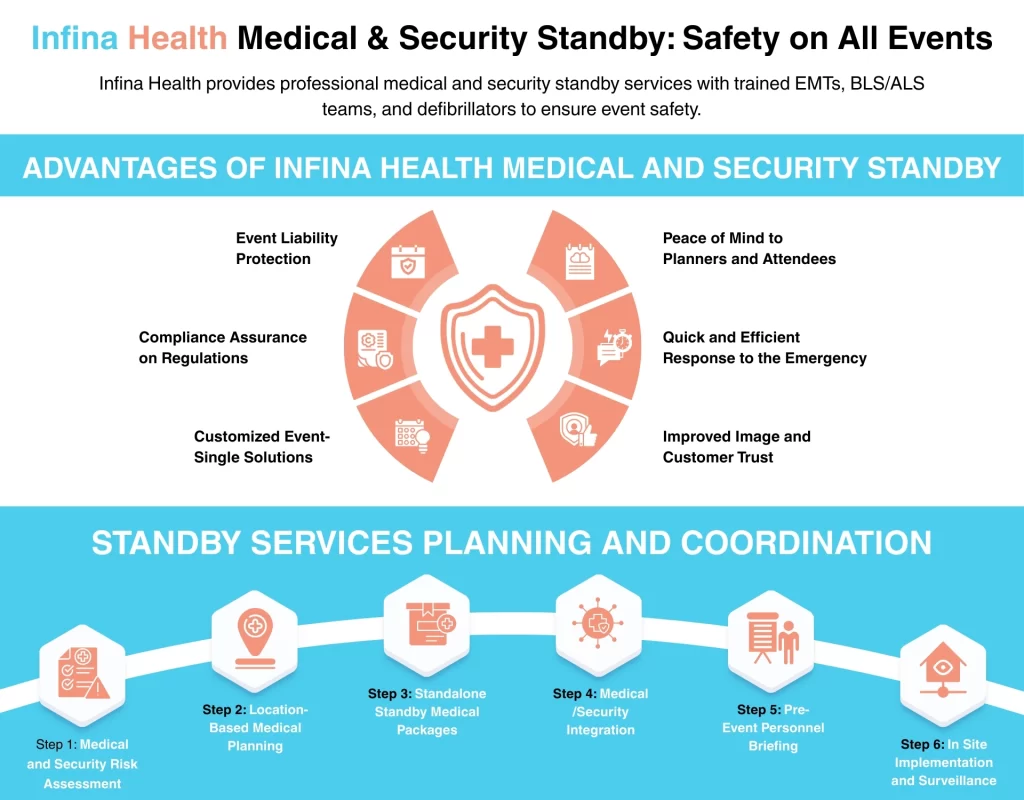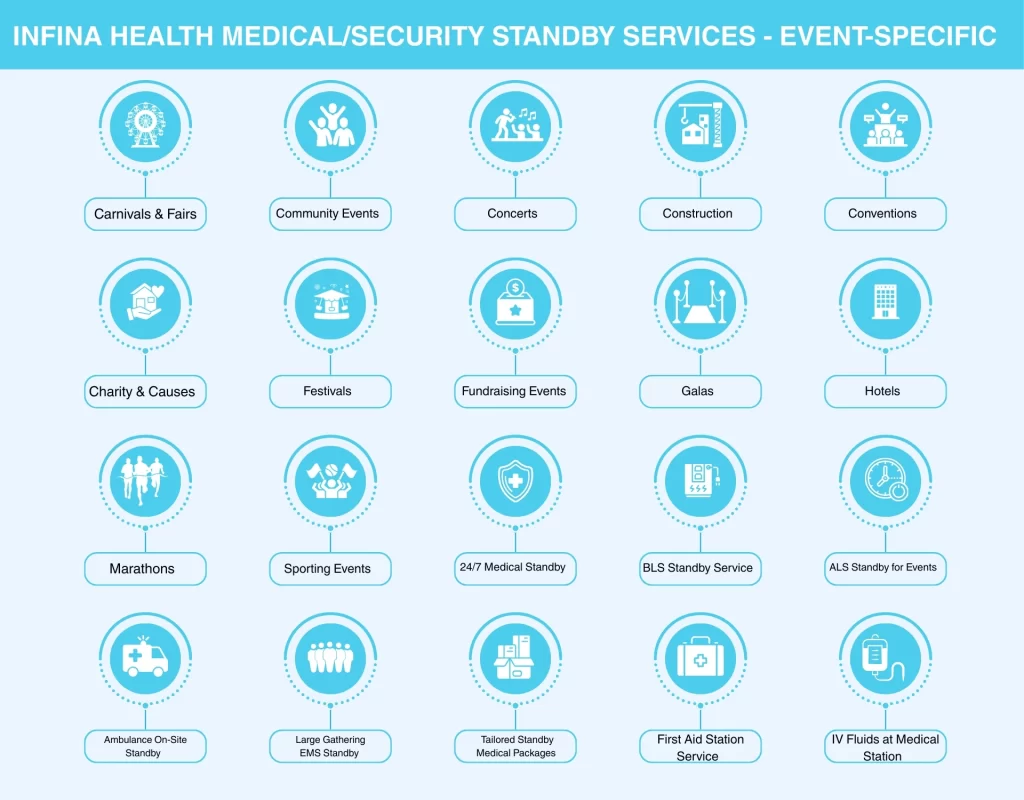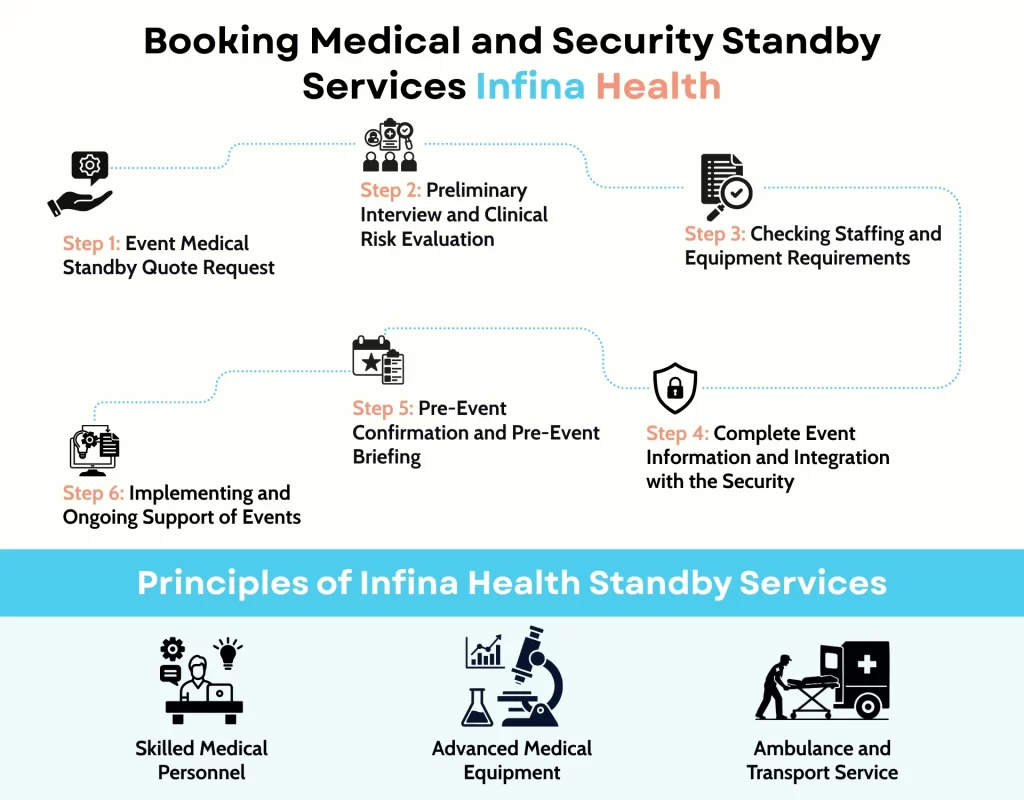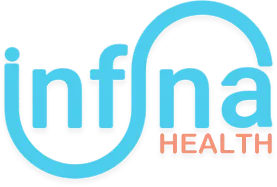There is a risk involved in planning and organising large-scale events, corporate activities, festivals, charity events, or sporting events. Safety of the audience, employees, and guests is the main factor and healthcare crises may arise at any time. Infina Health has been focused on offering health care professional medical and security standby services that prevent facing danger to your event, reduce risks, and make sure that you are not violating health standards. Infina Health has a range of services, including BLS standby services and ALS standby services to cover events and full-on site medical teams.
Our model will be based on trained EMTs in the field, standby teams with defibrillators and tailor-made standby medical packages to provide peace of mind to the event organizers, knowing that the medical and security risks are well under control.

